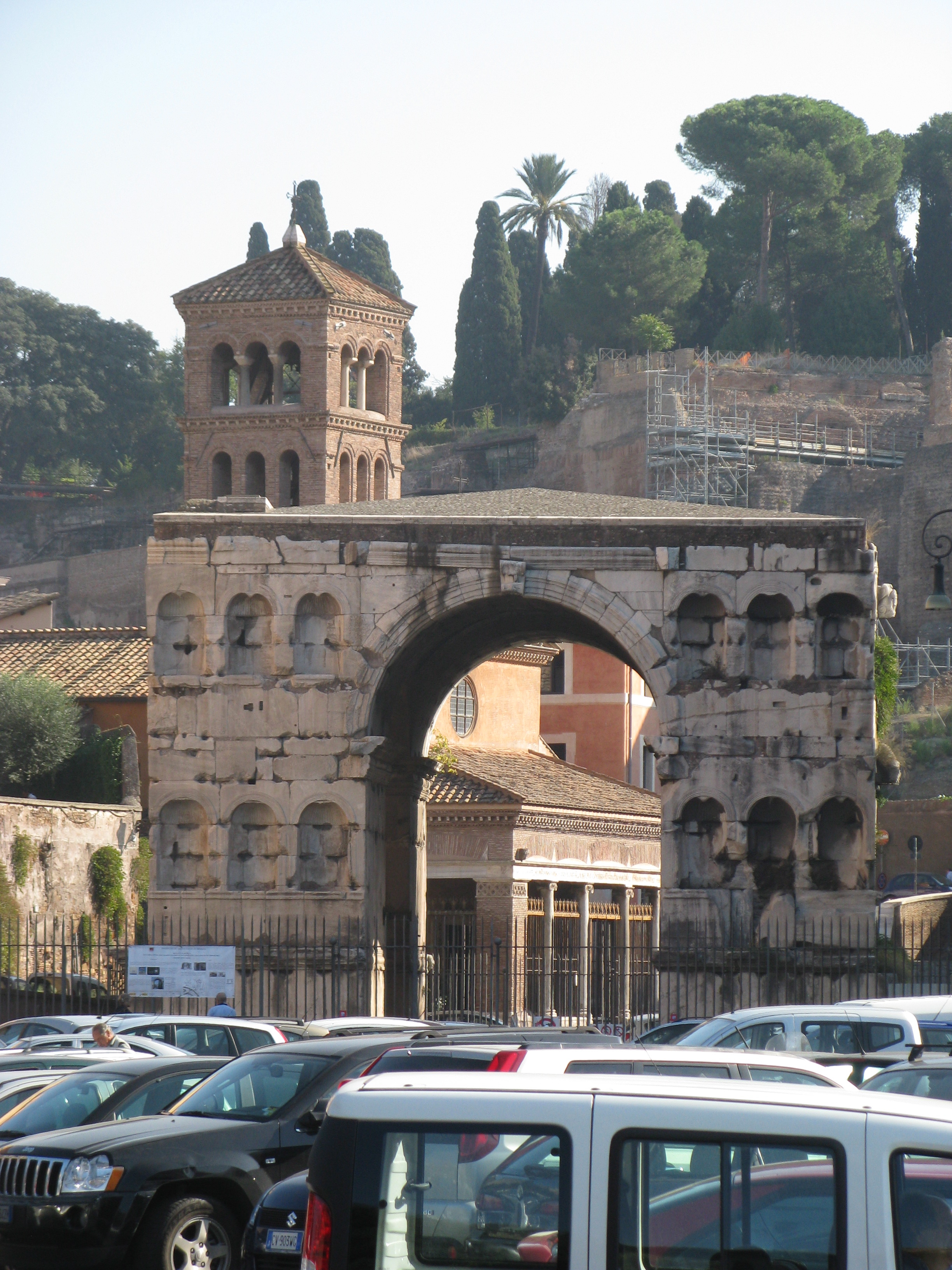Inspired by the collective labor action in the UK, I posted Livy’s account of the first Roman strike (secessio plebis) yesterday. Here are a few additional passages.
Caesar, Civil War 1.7.5-7
“Whenever in the past the senate has made a decree asking officers to make sure that the republic meet no harm—and in this wording the senatus consultum is also a call to arms for the Roman people—it has been made under the condition of evil laws, a violent tribune, or during a secession of the plebs when they had occupied the temples and mounts. [Caesar] explained that these examples from an earlier age were paid for with the fates of Saturninus and the Gracchi. (At that time none of these things were done or even considered. No law was suggested; no assembly was called; no secession was made.)
quotienscumque sit decretum darent operam magistratus ne quid res publica detrimenti caperet, qua voce et quo senatus consulto populus Romanus ad arma sit vocatus, factum in perniciosis legibus, in vi tribunicia, in secessione populi, templis locisque editioribus occupatis. 6Atque haec superioris aetatis exempla expiata Saturnini atque Gracchorum casibus docet. (Quarum rerum illo tempore nihil factum, ne cogitatum quidem. Nulla lex promulgata, non cum populo agi coeptum, nulla secessio facta.)
Cicero, Republic II.58
“For that very principle which I introduced at the beginning is this: unless there is equal access in a state to laws, offices, and duties so that the magistrates have sufficient power, the plans of the highest citizens have enough authority, and the people have enough freedom, the state cannot be guarded against revolution. For when our state was troubled by debt, the plebeians first occupied the Sacred Mount and then the Aventine.”
Id enim tenetote, quod initio dixi, nisi aequabilis haec in civitate conpensatio sit et iuris et officii et muneris, ut et potestatis satis in magistratibus et auctoritatis in principum consilio et libertatis in populo sit, non posse hunc incommutabilem rei publicae conservari statum. nam cum esset ex aere alieno commota civitas, plebs montem sacrum prius, deinde Aventinum occupavit.
Cicero, Republic II.63
“Therefore, because of the injustice of these men [the decemviri], there was the largest rebellion and the whole state was transformed. For those rulers had created two tables of laws which included most inhumanely, a law against plebeians wedding patricians, even though marriage between different nationalities is permitted! This law was later voided by the plebeian Canuleian Decree. The [decemviri also pursued their own pleasure harshly and greedily in every exercise of power over the people.”
ergo horum ex iniustitia subito exorta est maxima perturbatio et totius commutatio rei publicae; qui duabus tabulis iniquarum legum additis, quibus, etiam quae diiunctis populis tribui solent conubia, haec illi ut ne plebei cum patribus1 essent, inhumanissima lege sanxerunt, quae postea plebei scito Canuleio abrogata est, libidinoseque omni imperio et acerbe et avare populo praefuerunt.
Here is the opening summary from Brill’s New Pauly on the secessio plebis (2006: von Ungern-Sternberg, Jürgen)
“Roman tradition terms as secessio (from Latin secedere, ‘to go away, to withdraw’) the remonstrative exodus of the Roman plebeians from the urban area delimited by the pomerium on to a neighbouring hill. This action was on a number of occasions the culmination of confrontation between the patricians ( patricii ) and the plebs . The first secessio in particular may have been instrumental in the formation of a self-conscious plebeian community under the leadership of at first two, later apparently five people’s tribunes ( tribunus plebis ), to whose protection all plebeians committed themselves by a lex sacrata (‘law subject to the sanction of execration’)”

